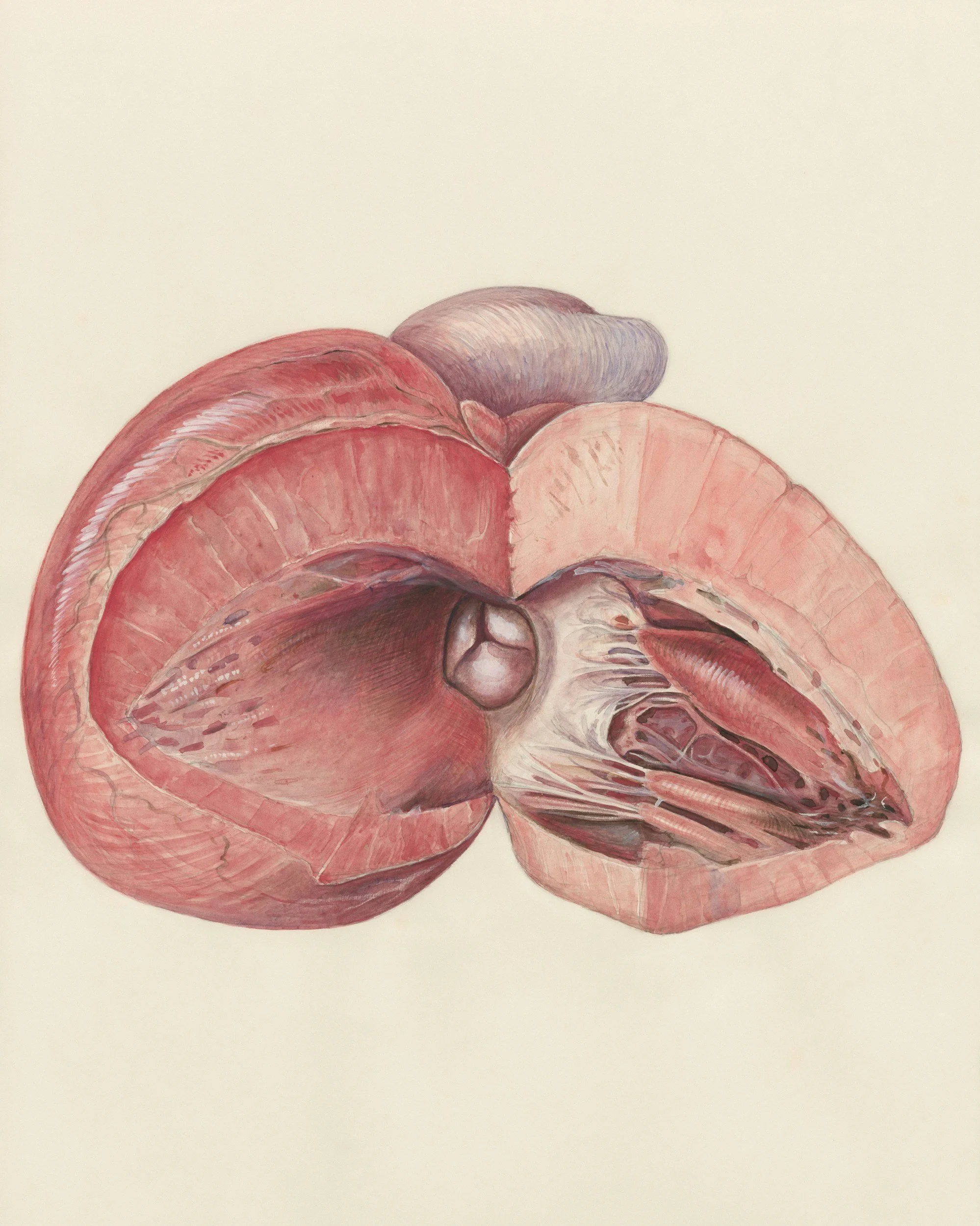Menstruation
Too often, menstrual pain and discomfort are disregarded or accepted as normal. Women and people of all genders who menstruate are often left to manage these symptoms in silence, while care is commonly limited to birth control or surgical interventions. This lack of attention reflects a deep injustice: menstrual and reproductive pain has not been taken seriously enough, nor given the research and solutions it deserves
This is why I center women’s reproductive health. Acupuncture offers a powerful, holistic alternative. By targeting the endocrine system and the hypothalamus-pituitary-adrenal (HPA) axis—both central to hormone regulation—acupuncture can influence cortisol, estrogen, progesterone, testosterone, and thyroid hormones. The result is often a more balanced cycle, with fewer mood swings, less nausea, and reduced bloating and fatigue.
Acupuncture also releases endorphins and reduces inflammation, easing cramping and physical pain. Beyond symptom relief, it provides a sense of agency and validation for a group whose suffering has too often been ignored.
Restoring balance to the body is important. Restoring dignity to women’s health is essential.
Fertility
Struggling with fertility can be a disheartening journey. Hopes and dreams for the future often feel just out of reach. Acupuncture can serve as a complementary therapy alongside IVF and other medical treatments, helping to improve the chances of conception.
How can it help?
Acupuncture works with the body’s natural systems — particularly the endocrine, nervous, and circulatory systems. It helps regulate the hormonal signals that guide the menstrual cycle and ovulation, making it especially supportive for those with irregular cycles, PCOS, or other hormone-related conditions. By calming the nervous system and reducing stress, acupuncture can also lower cortisol levels, which is important since chronic stress may disrupt reproductive hormones.
In addition, acupuncture improves blood flow to the uterus and ovaries. With greater circulation comes more oxygen and nutrients to these organs, creating an optimal environment for egg development, implantation, and pregnancy.
Pregnancy
Pregnancy is a profound time of transformation and becoming. It can be a beautiful experience, but it can also be physically demanding and emotionally challenging. Many people experience symptoms like morning sickness, constipation, fatigue, edema, anxiety and emotional uncertainty.
Acupuncture offers a gentle and natural support during this journey. By influencing the endocrine system, it helps to regulate key hormones like progesterone, which is essential in early pregnancy. Acupuncture has also been shown to lower cortisol levels, easing maternal stress while promoting oxytocin, a hormone vital to labor and postpartum bonding. In this way, acupuncture helps sustain a healthy pregnancy while also preparing the body for birth.
Acupuncture also supports the autonomic nervous system, reducing muscle tension and calming sympathetic overactivity. This can ease common discomforts such as pelvic pain, lower back pain and sciatica. Relaxation of uterine and pelvic muscles may also encourage smoother labor progression.
In addition, acupuncture can address everyday concerns like nausea, digestive changes, swelling, and fatigue. If you’re navigating the challenges of pregnancy, acupuncture can be a safe and supportive companion on your path toward parenthood.
Perimenopause and Menopause
The transition into menopause is often a misunderstood and underresourced phase of life. Perimenopause usually begins 7–10 years before menopause, generally starting in a woman’s late 30s to early 40s. During this time, hormones fluctuate rather than steadily decline, which is why life can begin to feel unpredictable.
Hormonal shifts during this transition can affect far more than reproduction. Symptoms such as anxiety, poor sleep, brain fog, mood changes, heavier or irregular periods, fatigue, hot flashes, night sweats, and vaginal dryness are commonly connected to perimenopause and menopause, yet are often mistaken for stress or aging.
TCM approaches this stage as a normal life transition, where the goal is to support the body rather than suppress its changes. Acupuncture helps enhance autonomic regulation, improve hormone feedback, increase blood and energy circulation, reduce stress responses, and support sleep, helping the body adapt to these natural hormonal shifts. It can also be a strong complementary practice to HRT, working alongside hormone therapy to optimize symptom relief and support overall well-being.
Perimenopause and menopause can be a time of renewal rather than struggle, especially when you have support tailored to your needs




